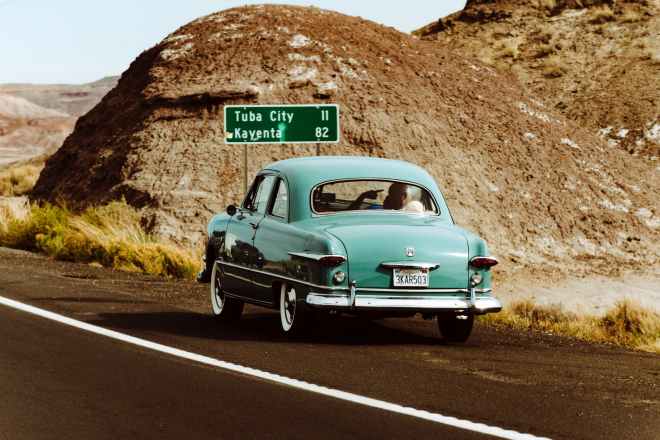
One thing the readings this week made clear about Open Education was that we can have all the openness imaginable, but without knowing how to navigate and use these sources and tools, there really is no education. If you give someone a car, it does not help them get to where they want to go unless we teach them how to drive.
I am viewing Open Education through the lens of a librarian. I believe my professional colleagues find it their responsibility to connect and educate people about information. Librarians have always advocated for access to information as well as promoted the skills to evaluate and use information. Therefore, as discussed this week and stated by Franklin D. Roosevelt, libraries are essential to democracy.
However, what struck me this week was the idea of authority. Jeffrey Pomerantz discusses how in this age of information overload, we must all take on an authority role when it comes to the evaluation of information. The new Association of College and Academic Libraries Framework for Information Literacy in Higher Education discusses how “authority is constructed and contextual” and an expert user of information is one that has become an expert in the critical evaluation of sources. Learning will not occur through open education without this level of authority as a critical consumer of information. I believe this is something librarians instinctively understand and why we need to make sure we continue to be involved in the Open Education movement.
As a fellow librarian, I agree with your post. I often think about the logistics of teaching faculty shifting from a traditional print textbook to an OER textbook, and it’s not as easy as saying “let’s try this new thing next semester”. As you said, the OE movement will need individuals that can identity, evaluate, and organization information. I hope libraries can fill that still developing role. #openlearning18
LikeLike
I completely agree! Critical thinking skills are going to be essential for everyone. Those skills need to be taught earlier in schools. Excellent insight.
LikeLike
Yes. The “open” that I especially responded to in the Pomerantz & Peek article was “open means enabling openness.” To me that’s what my job as a librarian is about, whether it’s simply providing a login to one of our desktop computers, so that a community member who doesn’t have access to the internet at home can use our connection, or it’s teaching skills to undergraduates, so that after graduation they can be shrewd evaluators of information.
LikeLike
Thanks for your thoughts. I appreciated that you gave an example of what “enabling openness” looks like in practice (providing a login). it sounds so simple, but it can result in something so profound if that community member is then able to access the information they want
LikeLike
Thanks for sharing the framework!
LikeLike